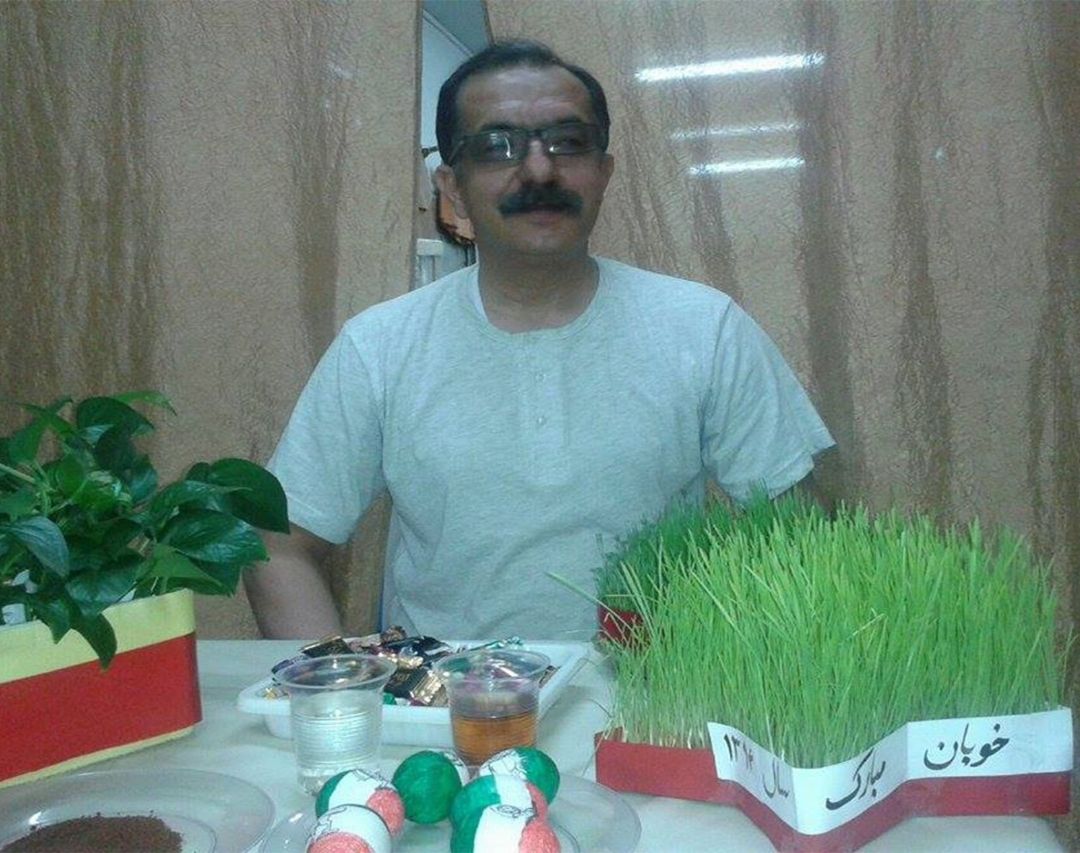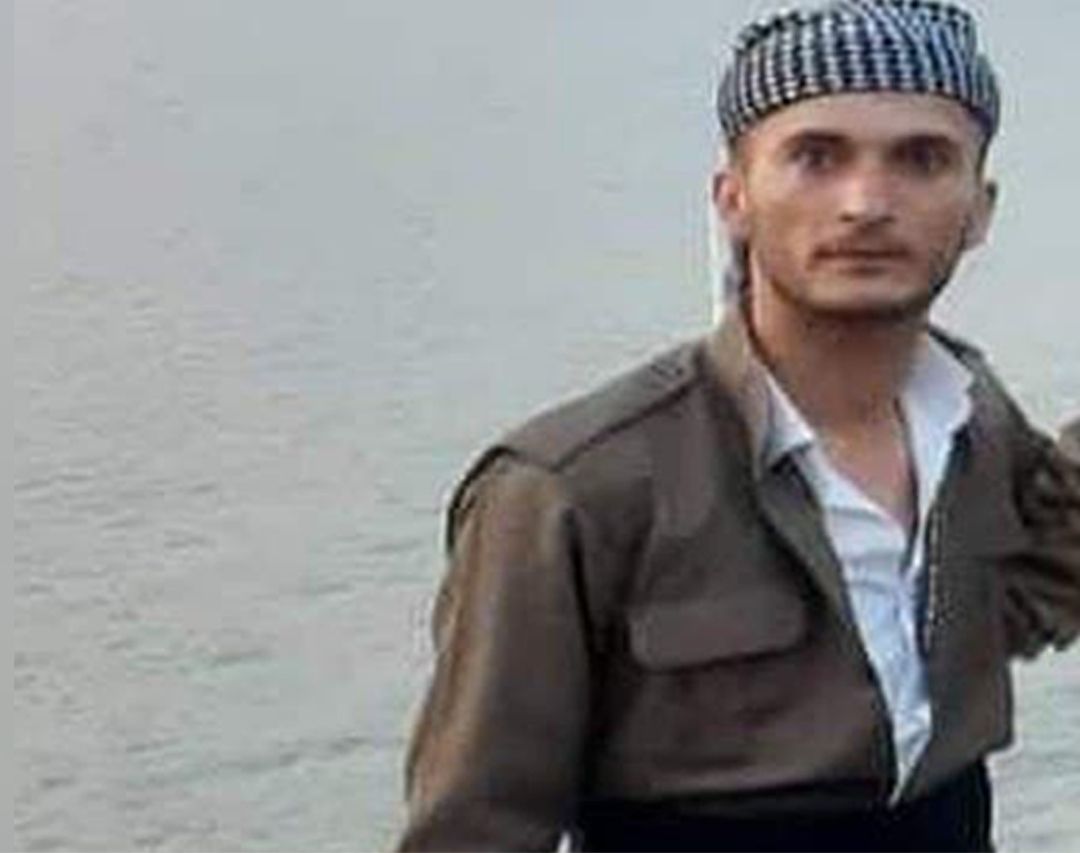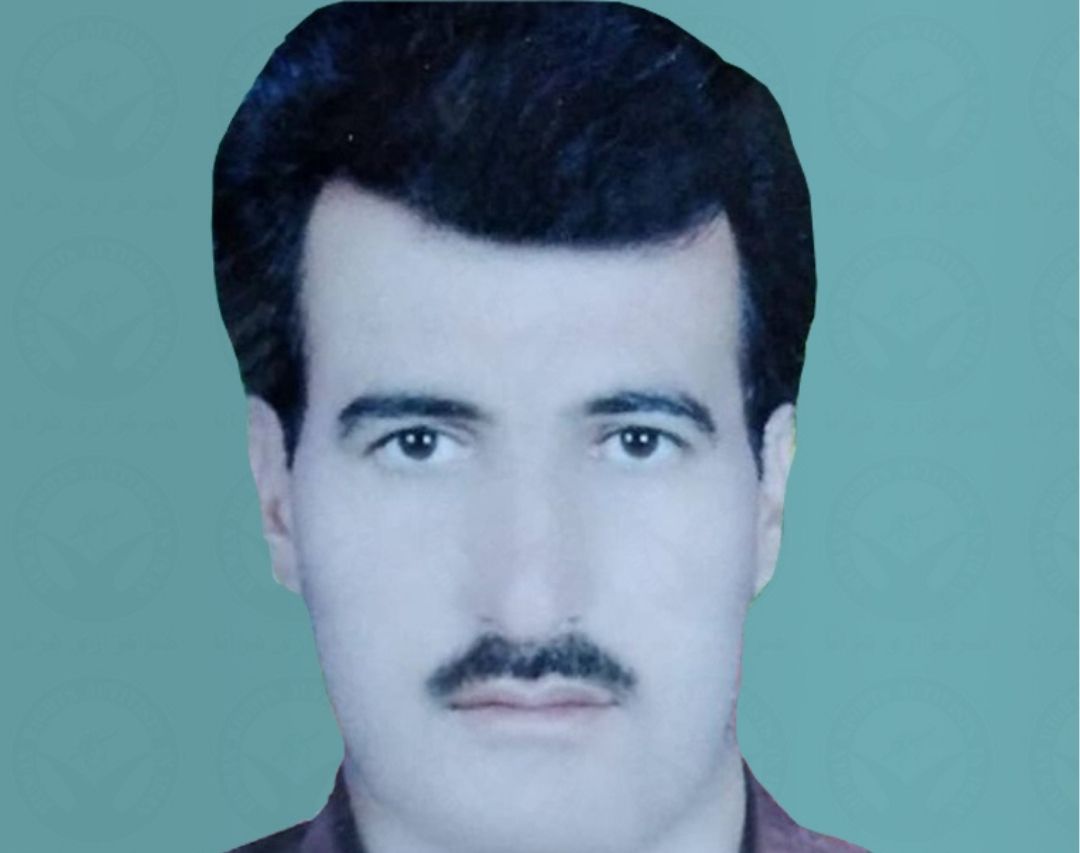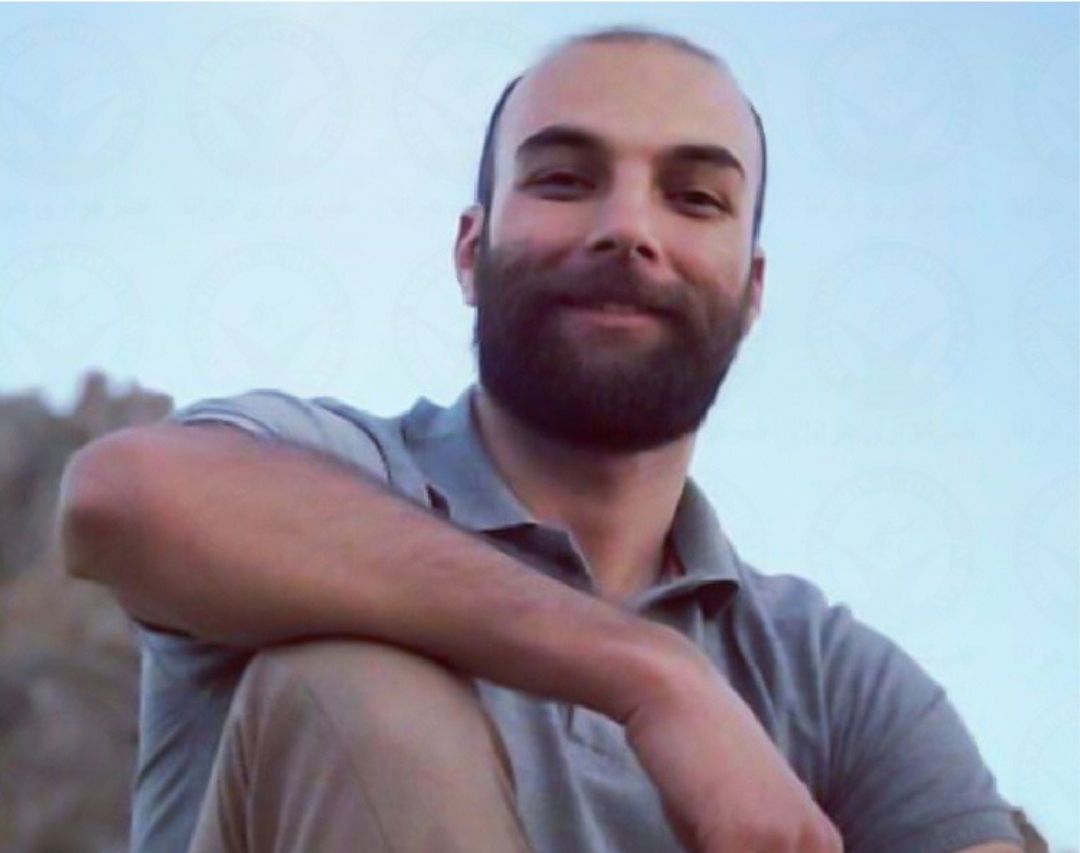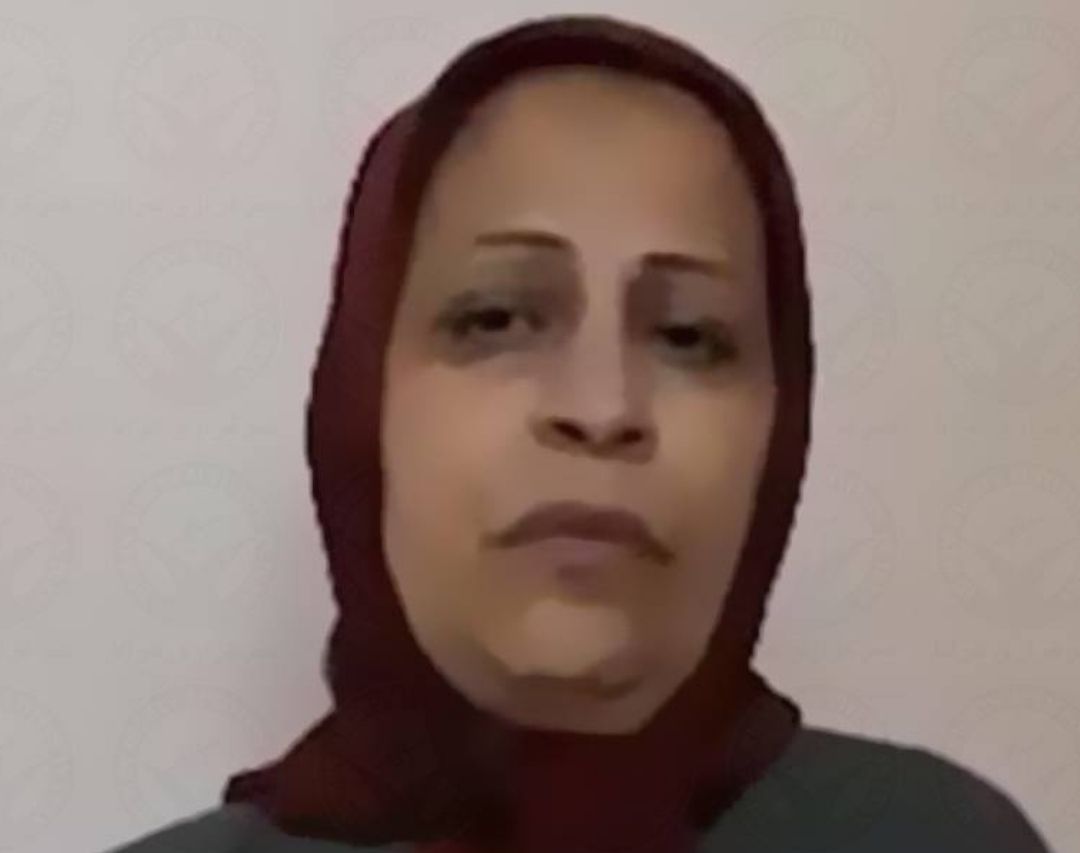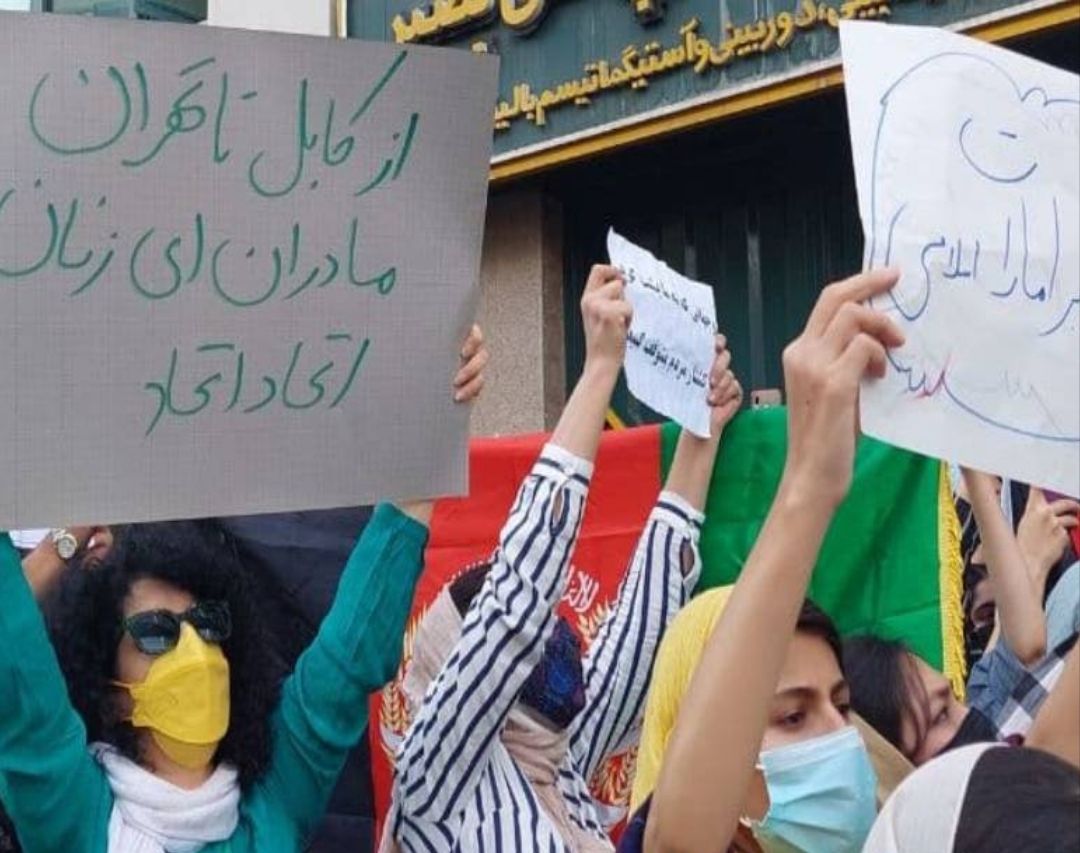A man named Jafar was recently executed in Rajai Shahr Prison in Karaj.
According to HRANA, the news agency of Human Rights Activists, the prisoner had previously been sentenced to death for murder, and the sentence was later upheld by the Supreme Court.
Iran ranks first in the world in citizen executions per capita, according to international organizations. The Statistics and Publication Center of the Human Rights Activists in Iran (HRA) reported that between January 1 and December 20 of 2020, at least 236 citizens were executed.
One of these citizens was executed publicly, and two were juvenile offenders. An additional 95 citizens were sentenced to death. According to the same report, more than 72% of executions in Iran are not reported by the government or the judiciary, which human rights organizations call “secret” executions.




